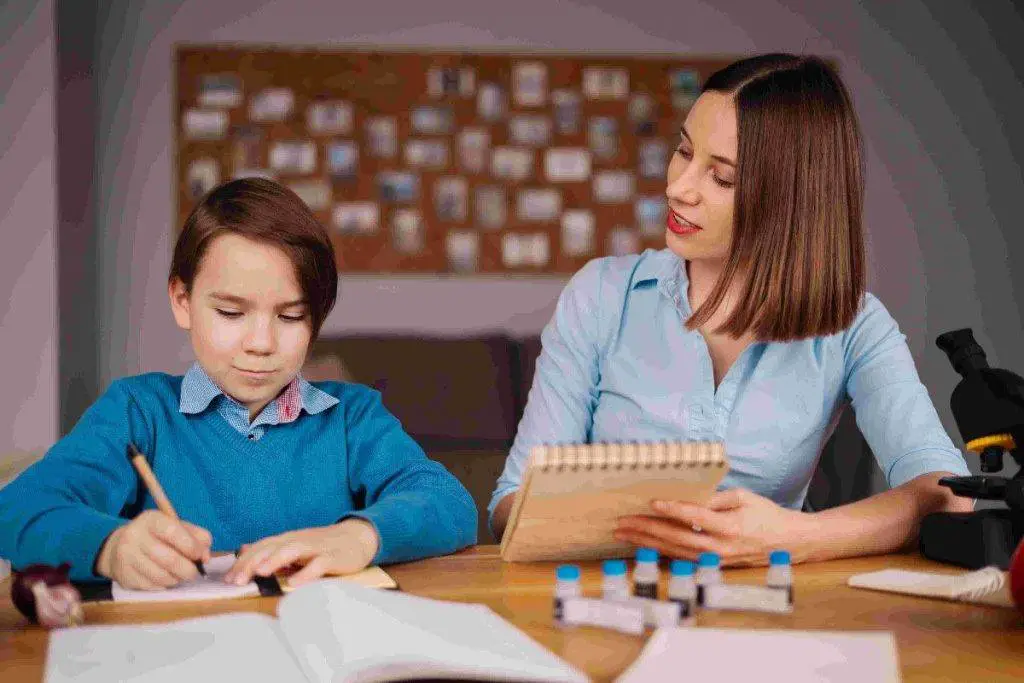As young people advance to higher education levels, assignments such as essays and research papers become commonplace. These assignments are very sensitive since they require intensive research and should, by all means, avoid entailing any traces of plagiarism.
Plagiarism can severely taint one’s academic career and even affect their future endeavors. Understanding the extent of plagiarism can help students avoid it as they continue with their academic careers. To help kids avoid it, here is a comprehensive overview of this academic violation and its impact on students.

Business photo created by gpointstudio – www.freepik.com
What is categorized as plagiarism?
-To lay down the groundwork on helping kids avoid plagiarism, it is important to first determine what it is. A student plagiarizes if he uses someone else’s work on his assignment and presents it as his own ideas. Plagiarism can occur on both copyrighted sources such as research paper websites and even work that is not protected via copyright.
As long as someone has published that piece of work either on the internet or at libraries and a student copies it, that is categorized as plagiarism. In this generation that uses the internet for everything, it is very easy to plagiarize. You can either copy and paste the work as it is from an online source or extract bits and pieces here and there. However, as long as the work is not yours, it is plagiarism regardless of how you tried padding it up.
Best plagiarism checker for students
Plagiarism perpetrated using online sources is easily picked up by teachers and lecturers from education institutions. There are many easy-to-use tools that check for the similarity between a student’s assignment and all online sources. When an assignment is presented for a student to study carefully and write a research paper or essay, the teacher will use a plagiarism checker for it.
When you have been found to plagiarize work, the repercussions can be damning so it is best to avoid plagiarism. The best way to do that is by using a plagiarism checker tool Fixgerald that will help you identify any traces of plagiarized work. This plagiarism checker is comprehensive and uses the standard analysis used by tools that teachers and lecturers use. As a result, you can rework the assignment before submitting it with plagiarized work.

Exceptions in relation to plagiarism
In some cases, students might like to quote other prominent individuals or books that are published. Would it be considered plagiarism when a student copied and pasted an excerpt from a book or another research paper? It depends on how the student handles this. For example, if a student decides to include the work in his assignment and portray it as his own that would be plagiarism.
On the contrary, if a student credits the work he includes in his assignment, that would not be categorized as plagiarism. You can credit the work by including quotation marks, blockquotes and directly mentioning the owner of that quote. Using these techniques to include someone else’s work can help prevent facing the repercussions of plagiarizing.
Penalties of plagiarism
Students can face serious penalties for plagiarizing work, especially as they go higher up the education levels. At the lower education grades, students might get just a slap on the wrist but in high school and college, this is recognized as a serious offense. This is why students should familiarize themselves with avoiding plagiarism from a very young age to avoid facing serious penalties.
Such serious penalties might include demerits from the educational facility, which could impact the ability to get scholarships. In college, you can get suspended and even completely failed for that subject during that term. Each school council might have different penalties for plagiarism, but this can even be recognized as a criminal offense in some states and countries. Plagiarizing cannot be taken lightly because the penalties can impact your academic career trajectory for the worst.
How to avoid plagiarizing?
To effectively avoid plagiarism, you should contribute coordinated efforts towards writing original assignments, whether they are essays or research papers. Research is indeed necessary to write assignments effectively but copying and pasting from sources is not the best solution. In addition, trying to paraphrase information from sources could also lead to having some traces of plagiarism.
Instead of risking it by using reference sources like this, try to understand the topic and write from your perspective. An independent thought on the matter will contribute to writing original assignments without any plagiarism. Also, do not forget to use quotation marks and citing the sources for direct quotes and paraphrased work. Do not try to make someone else’s work your own regardless of whether the source was online or from a printed book.
The bottom line
Kids should learn to avoid plagiarizing from a young age by using plagiarism checking tools and adopting original writing skills. Another skill kids need to learn is crediting work they have quoted directly to avoid plagiarizing. Also, teachers and parents need to alert young students on the risks of plagiarizing and the severe penalties they might face.










